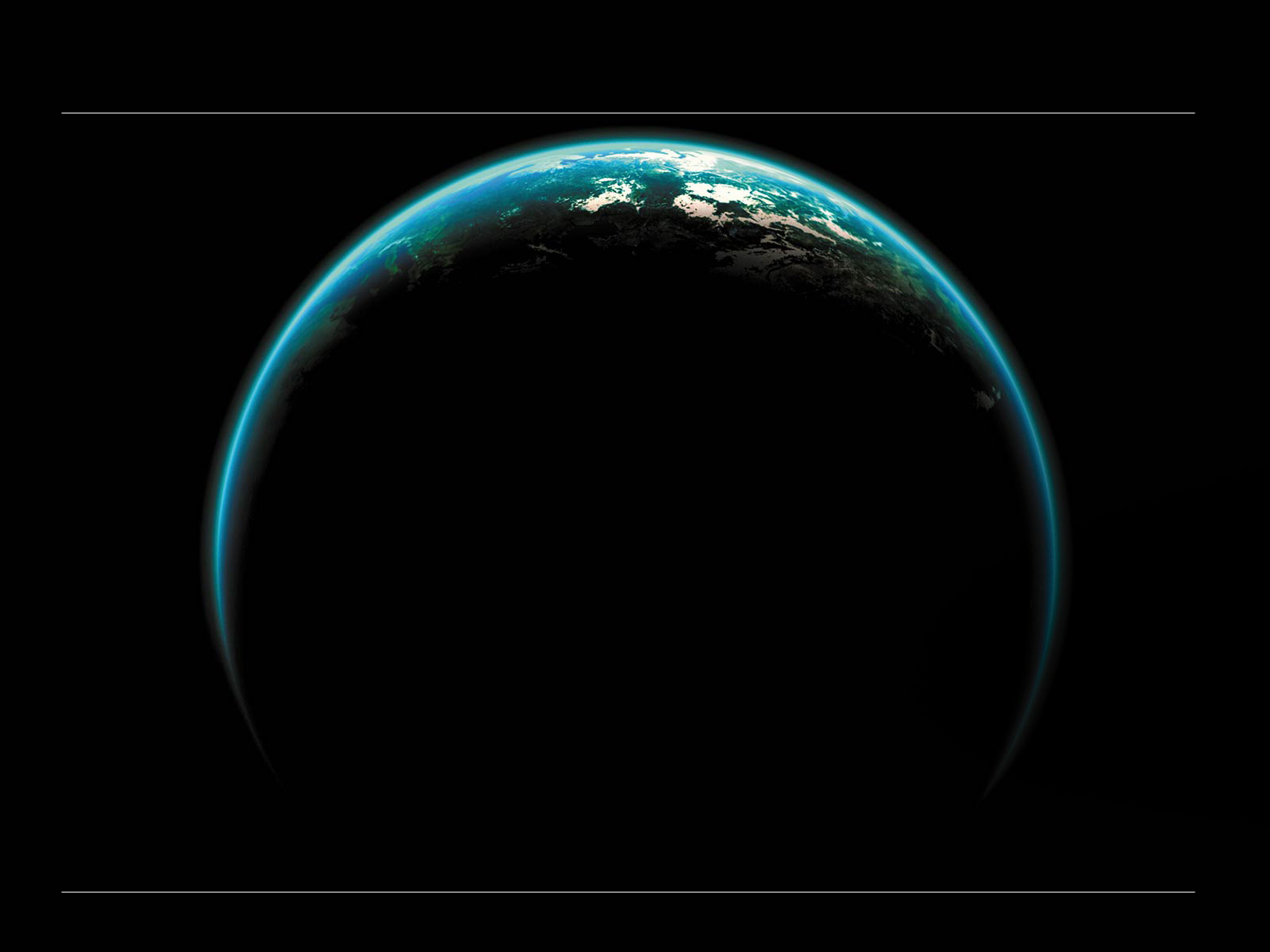It's all the rage to be cynical about our planet. We are indeed using up finite resources in unsustainable ways which take unjustly from future generations. Our oceans are becoming more acidic, eroding ecosystems of coral. Our droughts and storms are increasing in severity. Our sea levels are rising. Many in the developing world face the worst consequences of these trends, and there is no denying their gravity or the culpability of the developed-world economies in their creation.
So there is plenty to suggest despair over the loss of this lovely planet as we know it. That said and stipulated, there are also new and powerful reasons for hope and action. We still have meaningful pathways towards sustainability, in part precisely because our planet is shrinking, bringing together catalysts for positive change which hitherto existed in isolation. These trends, broadly speaking, are around the following areas: transparency, regulation, science and innovation, investment, unique collaboration, and heroism.
Let's consider the recent Volkswagen emissions crisis as an example of what I'm talking about. Transparency is pervasive in our culture of citizen journalists and investigators. Cameras are everywhere, and stories are immediately global. So a corporate plan to cleverly conceal emissions might very well have gone unnoticed in yesterday's larger, slower world. Not now. Transparency's hand is much more pervasive, it outs spots which previously stayed hidden.
Following on the revelation, regulators took action. And not just in the US, but the regulatory reaction, fueled by transparency and media coverage, became unstoppable on a global scale. As societies, we reminded ourselves that we have the capacity to intervene using the force of law. Regulation can and does matter in a big and incredibly positive way.
And then the rest of the industry took note, and what did we see? First, Toyota, BMW, Honda, GM and others all made sure that their own houses are in order from an emissions perspective. But secondly, and more importantly, they realised that innovation is part of their regulatory risk management; we saw multiple announcements on new investments in less carbon-intensive vehicle technology. Capital investment in innovation to be less carbon-intensive became even more of a priority.
Investor scrutiny on the rise
Transparency leads to regulation which, in turn, leads to innovation, in part to manage the risk from regulators and consumers, but not entirely. As it turns out, there is a new sheriff in town alongside the regulator which is motivating more sustainable decision-making: the investor.
VW's stock price plunged over 50% after the scandal. Carbon risk is real for VW—not because it contributes to climate change, but because it is expensive, almost immediately, if not managed well. And this investor scrutiny is just beginning. According to Mercer, the world's largest firm in terms of assets under advisement, investing using filters for carbon and other sustainability-related risk is increasing at double-digit rates in some of their biggest markets, including the US.
And finally, let's consider the start of this story again. How did we first learn about it? Believe it or not, from a simple engineer from the US working at a nonprofit organization seeking to promote vehicle fuel efficiency! He was looking into opportunities to improve emissions in diesel cars in Europe and thought we must be able to learn something from VW's approach in the US. Heroically, he and his team tenaciously reported what they found. He made a stand for the truth and his planet, and an unlikely group of collaborators listened: the media, regulators, innovators and investors.
Our world is much smaller, and we are using it up. But many of us are noticing. These cascades of intervention can start anywhere along this set of catalysts. Regulators may miss something, but investors are asking tough questions, and the media and the silent hero are waiting in the wings, observing and planning. The world is not standing by idly.
The views and opinions expressed in this article are those of the authors and do not necessarily reflect the views of The Economist Intelligence Unit Limited (EIU) or any other member of The Economist Group. The Economist Group (including the EIU) cannot accept any responsibility or liability for reliance by any person on this article or any of the information, opinions or conclusions set out in the article.




